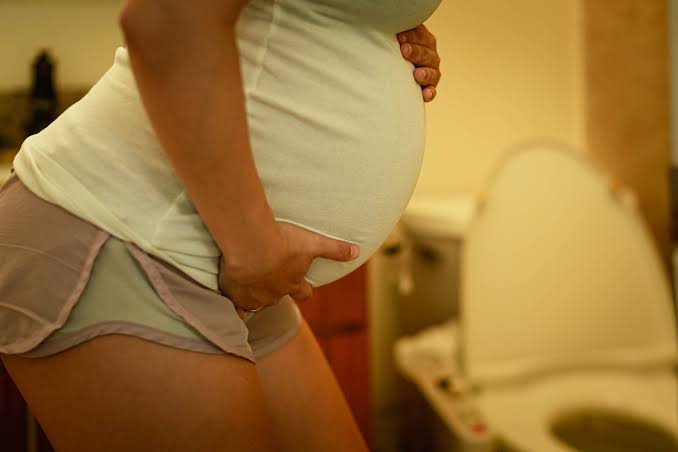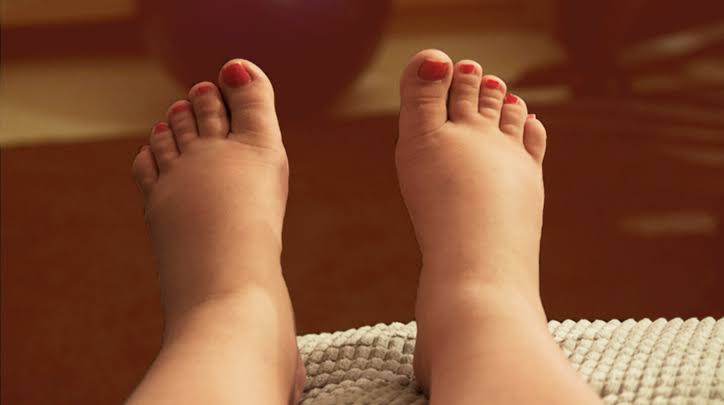If you looking for how to deal with discomforts at the end of pregnancy? Then, you are in the right page. Being pregnant is a fascinating time in any woman’s life. The pregnant woman’s body changes radically, hormones bring out feelings and concerns that didn’t exist before and the future mother begins to feel an immense need to prepare herself emotionally for the baby’s arrival. But it is also common to feel some discomfort, especially at the end of the process between the seventh and ninth month. Learning to deal with these discomforts is essential to avoid stress and fatigue before giving birth.
Common Discomforts At The End Of Pregnancy
See some solutions for 4 common problems at the end of pregnancy:
Constipation
Constipation is a very common symptom among pregnant women. It can begin in the first few months of pregnancy and worsen towards the end of the period. Extra doses of hormones released into the body and the weight of the growing uterus can contribute to making the intestine lazy.
Tip: Nutrition For Pregnant Women
To avoid excess gas and discomfort when evacuating, it is recommended to drink lots of water (even double the amount of liquid ingested), do some light physical activity regularly (such as walking) and eat foods with natural fat such as olive oil, chestnuts, almonds (but all in moderate doses).
Back pain
Back pain, more precisely in the lower back, occurs due to weight gain and a shift in the body’s center of gravity (due to the projection of the belly). Towards the end of pregnancy, the process of the baby fitting into the pelvic region increases the painful sensation. To alleviate symptoms, the ideal is to control weight gain during pregnancy, strengthen the back muscles with exercises and practice some movements that stretch this region. Water aerobics, yoga and pilates are highly recommended for most women. But don’t forget to consult your doctor before exercising.
Swelling
Swelling in the feet and legs is more common than you might think. This happens because, when pregnant, a woman tends to retain more fluids and the veins and blood vessels become more compressed due to the enlargement of the uterus, impairing blood flow.
Tip: Swollen Feet And Legs During Pregnancy, Is It Normal?
To alleviate discomfort, the ideal is to do some physical activity, avoid excess salt and perform lymphatic drainage (choose a qualified professional) to remove excess liquid. Additionally, the doctor may recommend the use of compression stockings.
Tiredness
Fatigue during pregnancy is almost inevitable and in the last trimester it tends to get worse. The weight of the belly increases a lot, the woman begins to have difficulty breathing and moving around and this causes a lack of oxygenation at times. During this period, it is essential that pregnant women do breathing exercises to control air intake. Relaxation activities such as yoga or massage also help eliminate stress and regulate the flow of energy in the body. It is also recommended to consume revitalizing and energizing foods such as apples and green leaves and a good (and peaceful) night’s sleep — getting at least eight hours of sleep is crucial.
Tip: Physical Exercises For Pregnant Women: Is It Possible?
As you can see, these discomforts can be alleviated if the pregnant woman pays special attention to her lifestyle and eating routine. The body needs extra care during this period. Exercise, sleep, hydration and a balanced diet can help a lot and even make some of these symptoms disappear completely .
Do you want to know more about this and other topics related to pregnancy? Keep following our blog!











